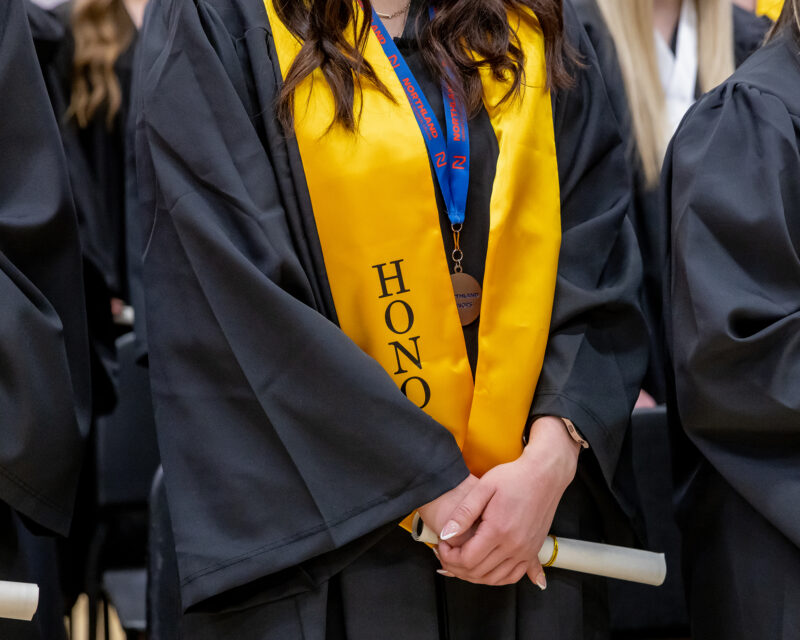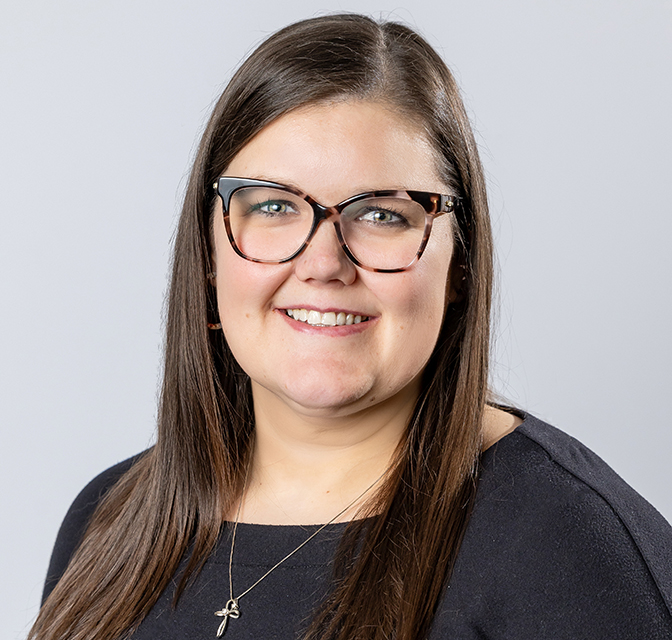Introduction

Program Overview
Start your surgical career with expert training and real-world clinical experience.
Northland’s Surgical Technology A.A.S. program prepares you to become a key member of the surgical team, assisting surgeons, anesthesiologists, and nurses before, during, and after procedures. Through hands-on training and clinical experience at top regional hospitals, you’ll master sterile technique, surgical instrumentation, and procedural support. Graduate ready to earn your Certified Surgical Technologist (CST) credential and launch a rewarding healthcare career.
Program at a glance
Degree Type: A.A.S.
Credits: 60
Location: East Grand Forks
Laptop Requirement:
Optional
CAREER OUTLOOK
Future career information.
According to the Bureau of Labor Statistics (2012), employment for surgical technologists is expected to grow by 19% from 2010 to 2020. The number of surgical procedures is expected to grow as the population ages.

Ready to get started?
Let’s talk about your future.
Connect with an admissions rep today and discover the fastest, most affordable path to your goals.
Talk to Alyssa
Have questions? Alyssa and our admissions team are here to help—no pressure, just honest answers and guidance for your future.
What’s Next?
Your next step is easy—choose what works best for you:
Already a Northland Student?
Connect with your program advisor to plan your next semester, review your academic progress, or get help selecting the right courses.
Take the next Step
Start your future today.
Take the next step toward a smarter, more affordable future at Northland.
Request info
Tell us your goals — we’ll help you find the fastest, most affordable path to your degree.
Schedule Visit
We’d love to show you around — come see what life’s like at Northland!
Apply Now
Time to take that first step! Our quick and free application makes it easy.
